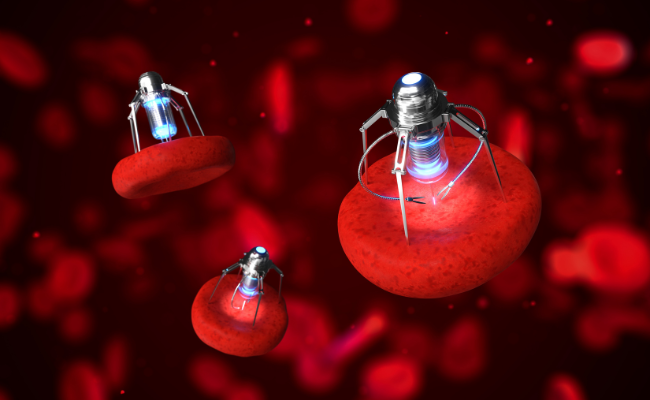Google Scientist Claims Immortality Possible By 2030
Immortality has long been a topic of fascination for humans, with countless myths, legends and scientific endeavors focused on finding the key to eternal life. However, a Google scientist has boldly claimed that immortality may be possible by 2030.
Dr. Ray Kurzweil, a renowned inventor and director of engineering at Google, has long been interested in longevity and life extension.
In a recent interview, he stated that we could achieve biological immortality within the next decade with advancements in technology and medicine.
In the past few decades, the renowned 75-year-old computer scientist and former Google engineer awarded the National Medal of Technology in 1999 has made numerous predictions, including a startling one.
Kurzweil’s thoughts on immortality have been up again in a two-part YouTube series by tech vlogger Adagio as the prophesied date approaches.
Google scientist says “Immortality” is attainable by 2030 😳🤯 pic.twitter.com/1aQ0p0fvFP
— Daily Loud (@DailyLoud) March 29, 2023
The Claims Explained
In a recent two-part YouTube series by tech vlogger Adagio, which has garnered over 87,000 views, “The Singularity Is Near,” Kurzweil’s 2005 book and its claims have been revisited. The book predicted that technology would enable humans to attain immortality.
“2029 is the date I have predicted for when an Artificial Intelligence will pass a Turing test.” Kurzweil told Futurism in 2017, “and therefore reach humanlike intelligence.”
“For the ‘Singularity,’ I have set the date 2045 when we will multiply our effective intelligence a billionfold by merging with the [artificial] intelligence we have created.”
You may also like: Scientists Discover Molecule that Could Have Started Life on Earth
Kurzweil’s claim is from the exponential growth of technology. He believes it will continue to accelerate and allow us to achieve feats that were once impossible.
He argued that by 2030, we could reprogram our biology and stop aging, allowing us to live indefinitely. One of the key technologies that Kurzweil believes will make this possible is nanotechnology. It includes manipulating matter on a molecular and atomic scale.
Nanobots and Their Role in the Future
He believes that we could use nanobots to repair and maintain our bodies at the cellular level. We can then prevent diseases and the degeneration of aging.
Human immortality six years away?
A former Google scientist has predicted that advancements in nanotechnology and robotics will give birth to 'nanobots, which will make humans immune to lethal diseaseshttps://t.co/5lVMRrmX0E
— WION (@WIONews) March 30, 2023
Kurzweil had previously asserted that humans could develop microscopic robots within the next ten years. This innovation is possible through technology with a design to combat aging and illness by repairing cells in our bodies at a cellular level.
Medical engineers are currently making significant strides in this area of research. Furthermore, he believes this nanotechnology will allow individuals to consume any food they desire while remaining slender and energetic.
In a blog post from 2003, Kurzweil explained, “Nanobots in the digestive tract and bloodstream will intelligently remove the precise nutrients we need, call for more needed nutrients and supplements through our local wireless network, and send the rest of the food on its way to being passed through for elimination.”
Another technology that Kurzweil cites as essential to achieving immortality is artificial intelligence. He argues that AI will allow us to create personalized medical treatments.
We can also tailor them to our specific needs based on our genetic makeup and health history.
Related Articles
Why Crossing Your Legs Is Bad for Your Health: Expert Explains
Hypothetical ‘Super-Earth’ Could Wipe Out Life on Our Planet
What are the Chances of these Claims Happening?

These business magnates have devoted their professional pursuits to creating technology. They aim to empower humans to lead healthy lives well beyond one hundred.
While Kurzweil’s claims may sound like science fiction, they are not entirely false. Significant advancements in genetics, nanotechnology, and AI have occurred in recent years. Many experts believe these technologies could significantly extend human life.
While there are still many unanswered ethical and philosophical questions, it is exciting to consider the possibilities in the pursuit of extending human life.

